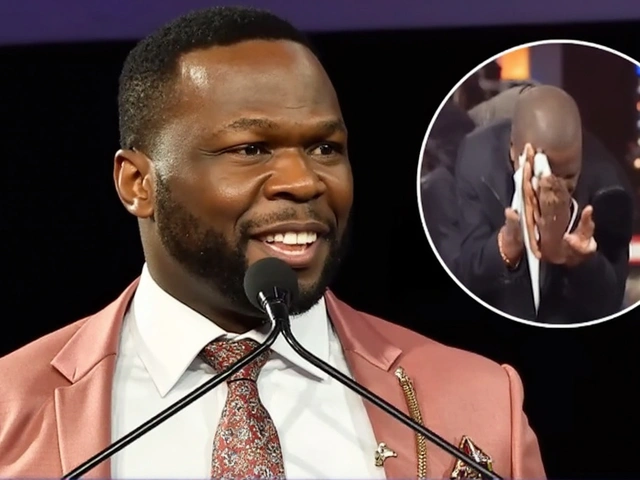Red Card Guide: What Triggers It and What Happens Next
Ever watched a player get sent off and wondered what exactly happened? A red card means a player is dismissed from the match and their team plays a man down. It’s one clear moment that can change the whole game — and often the next few fixtures too.
What causes a red card
Referees show a red card for direct send-offs like violent conduct, serious foul play, spitting, using abusive language, or denying a clear goal-scoring opportunity by hand. Two yellow cards equal a red if a player gets booked twice in one game. The Laws of the Game cover all of this, but competition rules can tweak suspension length after the match.
VAR now checks many red-card incidents. If the referee misses violent conduct or an obvious error, the VAR team can prompt a review. That doesn’t mean every foul is reviewed — VAR focuses on clear and obvious mistakes.
How a red card changes the match
Playing with 10 men forces quick tactical shifts. Most managers either protect the defence or keep one striker and reshuffle midfield. Expect more defensive substitutions, tighter marking, and a slower build-up to avoid gaps. Teams often drop one full-back into midfield or switch to a compact 4-4-1 or 5-3-1 shape.
Momentum shifts too. The team with a player sent off will usually concede more possession and space. Coaches push urgent changes: early substitutions, fresh legs in midfield, or a defensive midfielder dropped to soak pressure. Momentum can swing back if the down-a-player side digs in and counters smartly.
Red cards also affect tournament strategy. In cup games or two-leg ties, a sending-off can ruin plans and change who advances. In leagues, missing a key player for several matches can harm title races or relegation battles.
For fans watching live, a red card means immediate drama: heated protests, pressure on VAR calls, and new tactical chess. If you follow a club, expect official statements and disciplinary updates the next day.
Appeals, suspensions and practical tips
After the match, the competition’s disciplinary body reviews the red card. Clubs can appeal if they believe the decision was wrong. Successful appeals need clear evidence — often video showing no violent intent or mistaken identity. Even then, appeals usually reduce suspensions rather than erase the send-off on the score sheet.
Typical suspensions start at one match for a straight red for denying a goal and longer for violent conduct. Repeat offenders face harsher bans. Managers plan squad rotation to cover likely suspensions and keep depth in key positions.
Quick tips: players should avoid reckless tackles late in games, control their reactions to fouls, and keep a cool head when tensions rise. Fans should expect official updates after a red card and avoid relying on social media reactions alone—match footage and referee reports matter more.
If you follow match coverage here at Ginger Apple News, use our tag page to find all stories about red cards, key match reports, and disciplinary updates. Stay sharp, and you’ll spot the real turning points next time a red card appears on the pitch.
Rafael Toloi's Red Card Shocks as Atalanta Falls to Club Brugge
By Sfiso Masuku On 19 Feb, 2025 Comments (7)

Atalanta's captain Rafael Toloi was sent off for an aggressive act in a Champions League playoff against Club Brugge, sealing Atalanta's exit and drawing criticism. Brugge advanced to face either Inter Milan or Arsenal, marking a significant achievement.
View More




